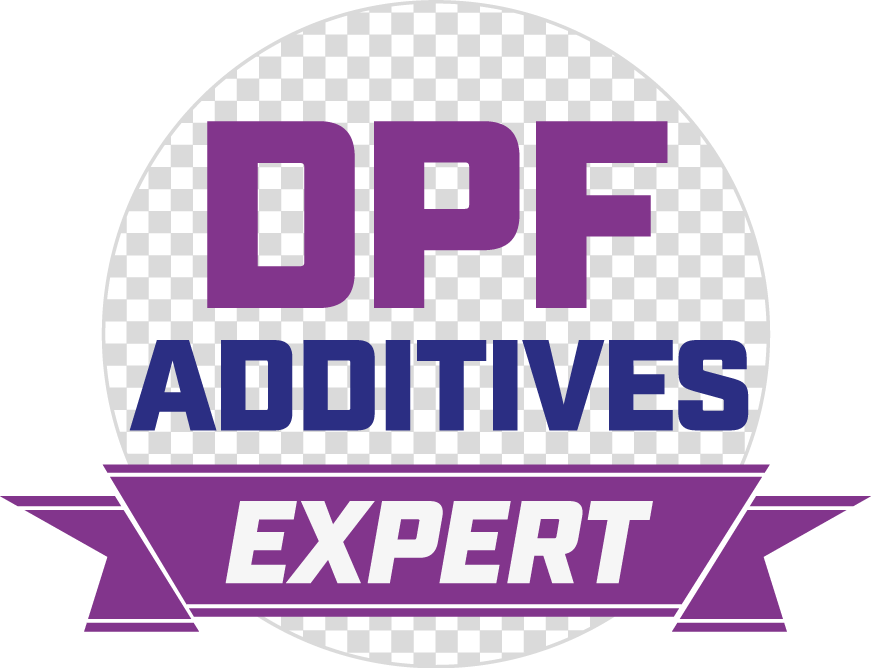“Ash vs. Soot”
Carbon-based soot, formed by incomplete combustion of fuel, is not the only thing which collects in DPFs. Metal-based impurities caused by burning small amounts of engine oil forms ‘ash’ which builds up slowly builds up over time in the DPF. Unlike soot, this ash cannot be burned away through regeneration.
Eventually (after 100,000+ miles) ash will build up to the point that the DPF needs clearing out, necessitating an external filter clean, or replacing. This lifetime may be reduced, however, if there is a problem with the oil system, or the wrong type of oil is used (see DPF Problems – Possible Causes).
It is sometimes claimed that DPF Additives, containing FBCs, should not be used as they will contribute to the ash and lead to the DPF blocking up anyway. To a certain extent, this is true, as the metal oxide from the FBC is deposited in the DPF. However, use of DPF Additives at normal dose rates (as recommended by the supplier) generally contributes only a small amount to the ash in comparison to the normal build up due to the oil.
